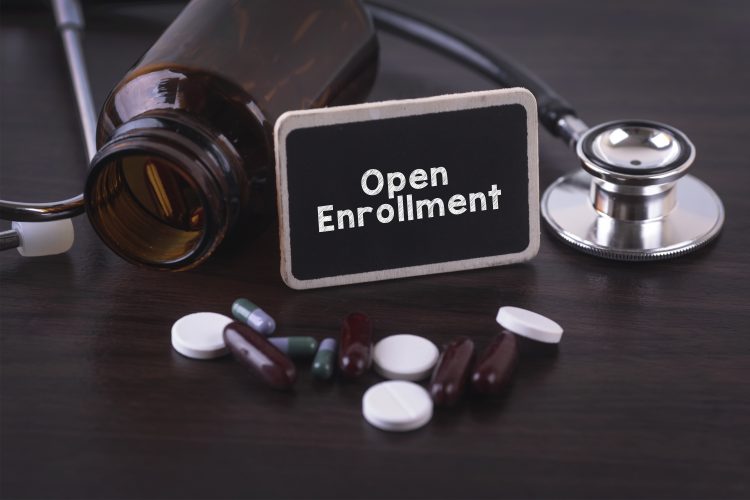The COVID-19 pandemic and clinical trial disruptions
Posted: 21 May 2020 | Hannah Balfour (European Pharmaceutical Review) | No comments yet
Research suggests almost 70 percent of global clinical trials have been disrupted by enrolment suspensions caused by the COVID-19 pandemic.


According to a new report, 69.9 percent of clinical trials across the globe have been disrupted by suspension of enrolment due to COVID-19 since April 2020. The report suggests that the rising trend could be overcome as companies adjust their protocols to align with recently published US Food and Drug Administration (FDA) guidance.
The GlobalData report found three primary reasons for clinical trial disruptions:
- Suspension of enrolment disrupted approximately 70 percent
- Slow enrolment affected 17.3 percent
- Delayed initiation caused 12.8 percent of trials to be disrupted.
According to the report, 15.4 percent of those impacted by slow enrolment were delayed as a result of the availability of sites and investigators. Brooke Wilson, Associate Director of Trials Intelligence at GlobalData, commented: “Many hospitals that serve as trial sites are being inundated with COVID-19 patients and are no longer available. For that same reason, many investigators may be repurposed to COVID-19 drug discovery trials or treating COVID-19 patients, or activation of sites for non-COVID-19 trials are being deprioritised. There is also a high risk to subjects in a clinical trial that have a serious chronic or acute condition that affects their immune system, giving them a greater chance of contracting COVID-19.
“There are also now over 60 trials that were previously disrupted from the COVID-19 pandemic by delayed initiation and slow or suspended enrolment that are now ongoing or completed. The upward trend for clinical trial delays may begin to slow moving forward as more companies adjust, along with a possible shift toward virtual trials.”
The FDA published industry guidance to aid in research continuity and enable trials to proceed during the pandemic. The European Commission and UK Medicines and Healthcare products Regulatory Agency (MHRA) have also produced similar documents.
Wilson concluded: “The methods outlined by the FDA to help trials proceed during the pandemic, including using alternative contact methods such as virtual visits and phone calls, as well as the use of self-administration and remote monitoring, will help with the issues of quarantine, travel limitations, clinical site closures and disrupted supply chains.”
Related topics
Clinical Trials, Drug Development, Drug Safety, Industry Insight, Regulation & Legislation, Research & Development (R&D), Therapeutics
Related organisations
GlobalData, UK Medicines and Healthcare products Regulatory Agency (MHRA), US Food and Drug Administration (FDA)









